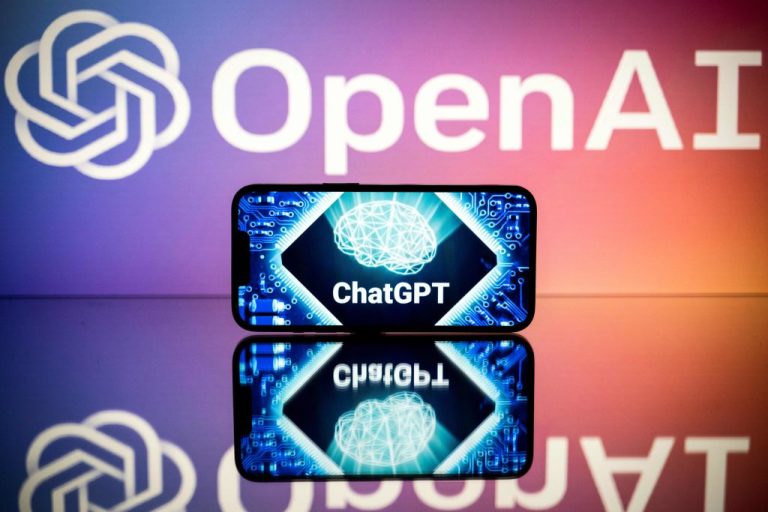Research, conducted by a professor at the University of Pennsylvania’s Wharton School, found that ChatGPT, arguably the world’s most advanced artificial intelligence (AI), successfully passed the school’s Master of Business Administration (MBA) program’s final exam.
Christian Terwiesch, who wrote the paper, “Would Chat GPT3 Get a Wharton MBA?” said that the AI scored between a B- and a B on the exam.
It shows its “remarkable ability to automate some of the skills of highly compensated knowledge workers in general and specifically the knowledge workers in the jobs held by MBA graduates including analysts, managers and consultants,” Terwiesch said according to NBC News.
Terwiesch said that the AI did an “amazing job at basic operations management and process analysis questions including those that are based on case studies,” adding that the AI’s explanations were “excellent” and that the bot is also “remarkably good at modifying its answers in response to human hints.”
The research comes as educators are raising the alarm, saying that the technology could be used to cheat on exams and other academic work. The technology has prompted New York City’s Department of Education to ban the technology on school devices and networks.
Success
You are now signed up for our newsletter
Success
Check your email to complete sign up
Chat GPT was officially launched on Nov. 30 last year and within a week attracted over one million users.
Terwiesch said while the results were impressive the AI “at times makes surprising mistakes in relatively simple calculations at the level of 6th grade Math,” adding that the current version is “not capable of handling more advanced process analysis questions, even when they are based on fairly standard templates.”
He said the AI’s performance on the test has “important implications for business school education, including the need for exam policies, curriculum design focusing on collaboration between human and AI, opportunities to simulate real world decision making processes, the need to teach creative problem solving, improved teaching productivity, and more.”
READ MORE:
- Supersolid – A New Liquid-Solid State of Matter With Potentially Significant Applications
- Canada Contracts AI-Powered Firm to Surveil Vaccine Skeptics on Twitter
- Diagnosing Parkinson’s Disease With Artificial Intelligence and Breathing
AI-powered ‘robot’ lawyer
The CEO of DoNotPay, Joshua Browder, says his company’s AI is the first of its kind and is ready to battle it out in the courtroom.
Run on a defendant’s smartphone, the technology listens to court arguments and formulates responses for the defendant which then conveys the responses in real time through headphones.
The company announced on Twitter last week that the robot lawyer will take its first case next month, on Feb. 22.
“On February 22nd at 1.30PM, history will be made. For the first time ever, a robot will represent someone in a US courtroom. DoNotPay A.I will whisper in someone’s ear exactly what to say. We will release the results and share more after it happens. Wish us luck!” Browder tweeted without disclosing the name of the client or where the case will be tried.
While this may be the first time an AI has been used in a U.S. court, it is far from the first time ever as Communist China has been using AI in its court system for some time, since at least 2017.
In Late 2019, China announced that millions of legal cases were now being decided by “internet courts” that do not require citizens to appear.
Dubbed the “smart court” it includes non-human judges and allows citizens to register and resolve cases online via a digital court hearing. While efficient experts were quick to argue that the technology could be easily misused by communist authorities.
Browder says his AI has already helped thousands of people resolve small cases including securing refunds for in-flight Wifi that didn’t work, lowering bills, and fighting off parking tickets, among other issues.
In total Browder claims his company has won more than two million customer service disputes and court cases on behalf of individuals and has raised $27.7 million in venture capital from investors including Andreessen Horowitz and Crew Capital.
“In the past year, AI tech has really developed and allowed us to go back and forth in real time with corporations and governments,” he told CBS News, adding that, “We spoke live [with companies and customer service reps] to lower bills with companies; and what we’re doing next month is try to use the tech in a courtroom for the first time.”
















